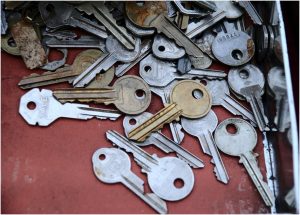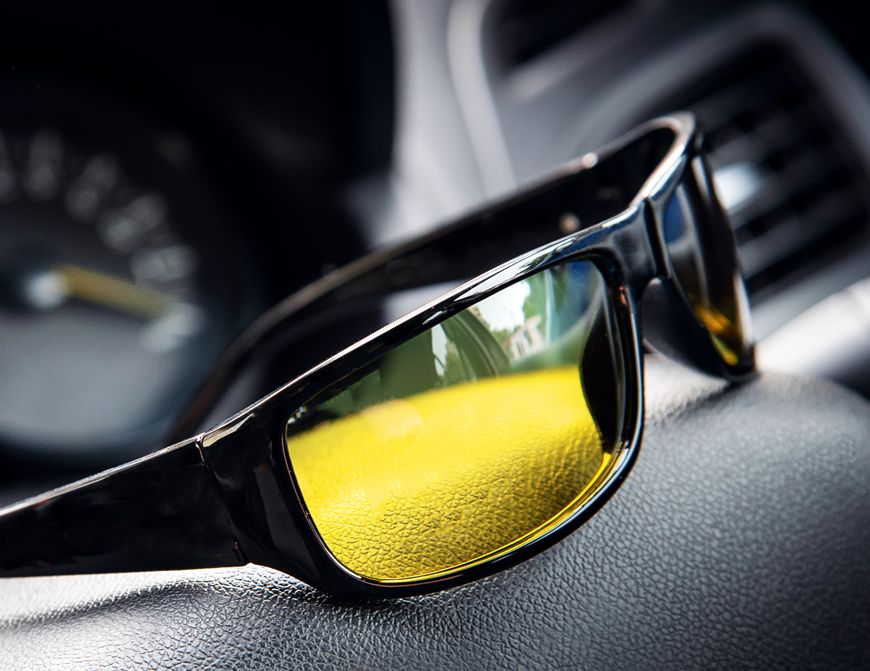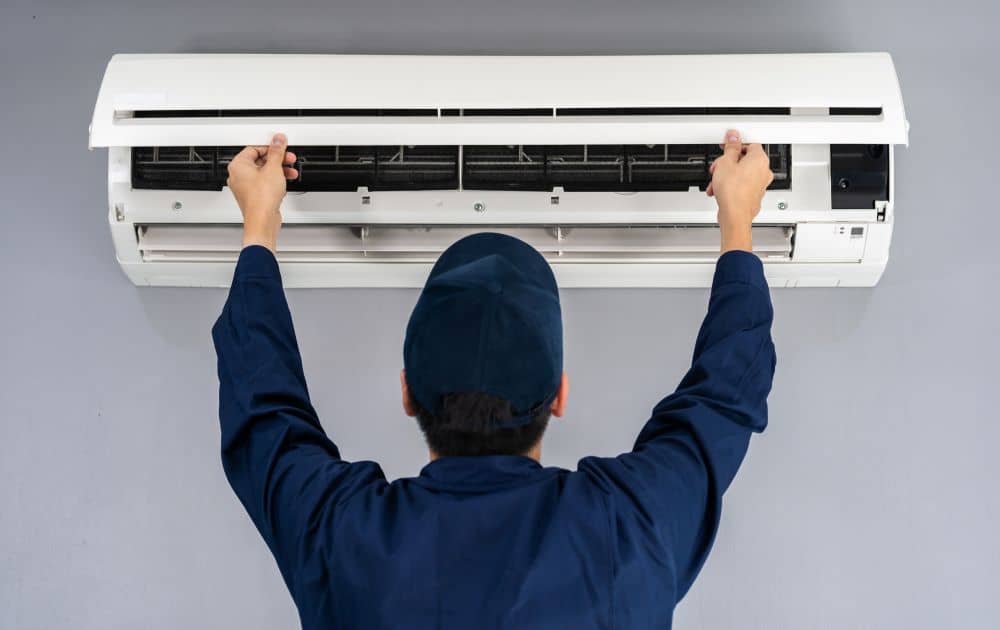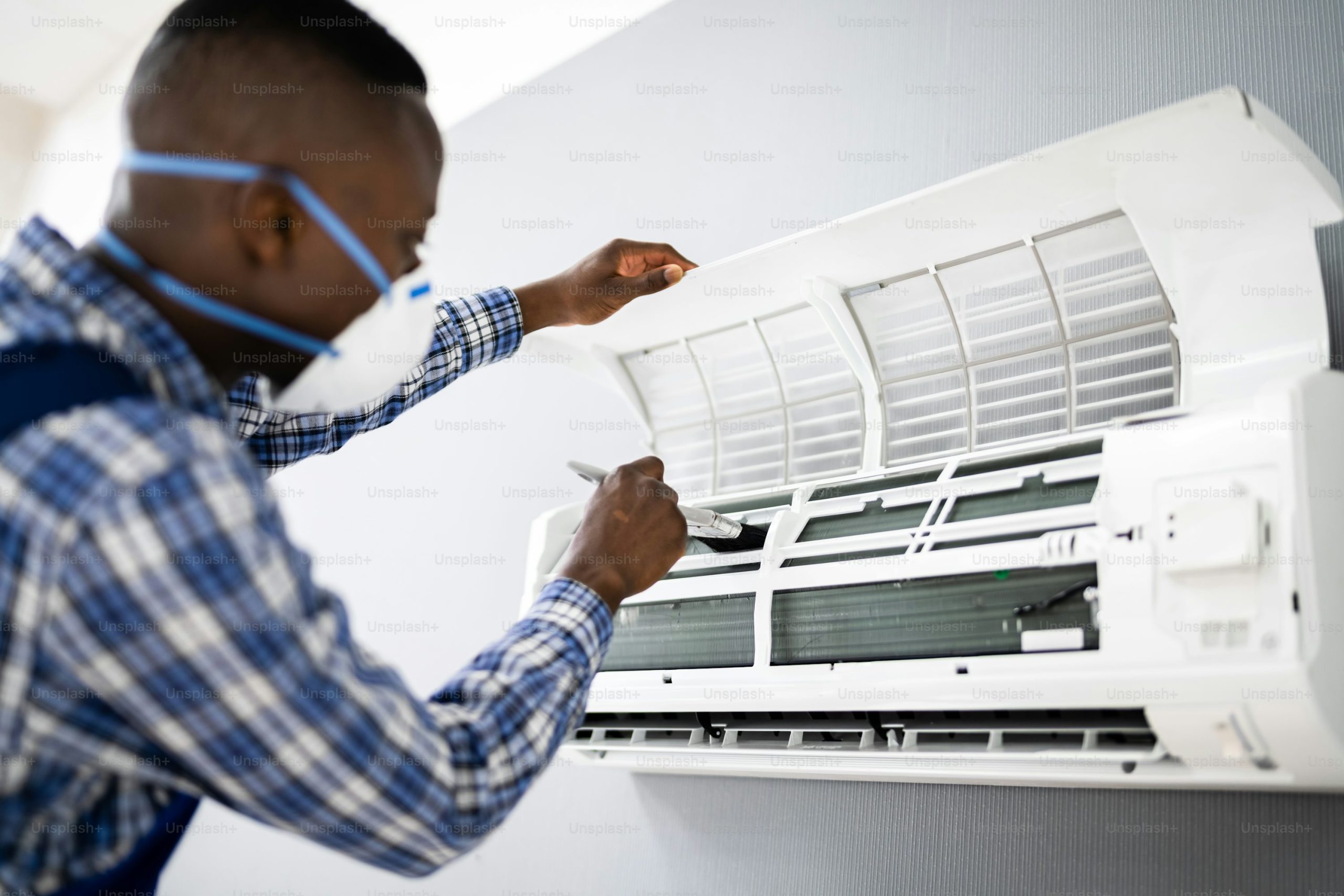
Locksmiths work with locks on doors, windows, safes, cars, and more. They install, repair, and adjust locking mechanisms and help people who are locked out or in need of security systems. Locksmiths are skilled tradespeople who create and duplicate locking keys, change lock combinations, and bypass locking mechanisms. They work in residential, commercial, and industrial sites that have physical security needs to protect against unauthorized entry.
What does a locksmith do?

Locksmiths do more than pick locks. They cut keys for residential and commercial buildings, vehicles, safes, and windows. They provide, service, and repair window and door locks as well as supplying, installing, opening, and repairing all types of vaults and security safes. They provide auto locksmithing services to people who need access to their cars, and they program remote keys and transponder keys, repair key fobs, and create new keys for cars. Some locksmiths can supply and install electronic access control systems, and many provide 24-hour emergency services.
Locksmiths are responsible for marketing security systems, keyless entry, key control systems, window bars, and window or door deadbolts. They repair or replace damaged parts of doors, as well as damaged door and window locks, hinges, and electric locking release mechanisms. They examine locking mechanisms to create original keys or replace lost or damaged keys. They help clients gain access when locked out or change locking combinations when keys are lost. Locksmiths also design and develop master key systems, install and repair electric strikes and security hardware, create keys from code, duplicate keys for commercial clients, open safes with unknown combinations, change combinations, and repair safe-locking mechanisms.
The best way to advertise a locksmith business is to use a custom presentation folder that displays the company name and company logo. Mines Press carries an impressive selection of custom foil stamped folders that give a professional look to paperwork. Foil-stamped two-pocket folders feature business card slits, a generous imprint size, standard pockets, and expanded capacity pockets and spines. Custom folders come in a variety of paper stocks that give an extra pop of elegance and sophistication to any project, presentation, or proposal.
What are the essential tools locksmiths need?

A tension wrench makes it easier and faster to pick a lock and is essential to stop any unwanted movement while working. A lock pick gun also makes it easier, faster, and safer to pick a locking mechanism. A key extractor is necessary when trying to remove a broken piece in the key slot. A hook is a multipurpose tool that helps single-pin picking. A hand-held scope is necessary when working in tight spaces or when handling small parts. An installation template is needed when installing a new locking system. It saves time and damage when drilling holes.
Whether locksmiths produce keys on-site or in-house, a key cutting machine simplifies the process. Banner Solutions offers a range of high-quality key-cutting machines that can duplicate and create edge-cut and laser keys. Their portable key-duplicating machines are ideal for dual cutting stations and mobile locksmith shops. Keypunch machines have the same functions and key-cutting capabilities in a smaller package that’s powered by a Bluetooth and phone interface, making it perfect for fieldwork.
What materials are needed to make keys?

Locksmiths need the right materials to fabricate original keys and cut duplicates. There are several different types of metals that can be used to make keys. The main factors that affect the type of metal used are cost, workability, and aesthetics. Some metals are easier to customize, such as aluminum, while other metals such as brass result in fancier-looking keys. Aluminum can be customized to look like art, feature unique designs, or have a special paint color. Some of the most common metals used to make keys today include steel, brass, and wrought iron. Other common metals that are less popular than steel or brass include nickel, aluminum, zinc, and nickel silver.






